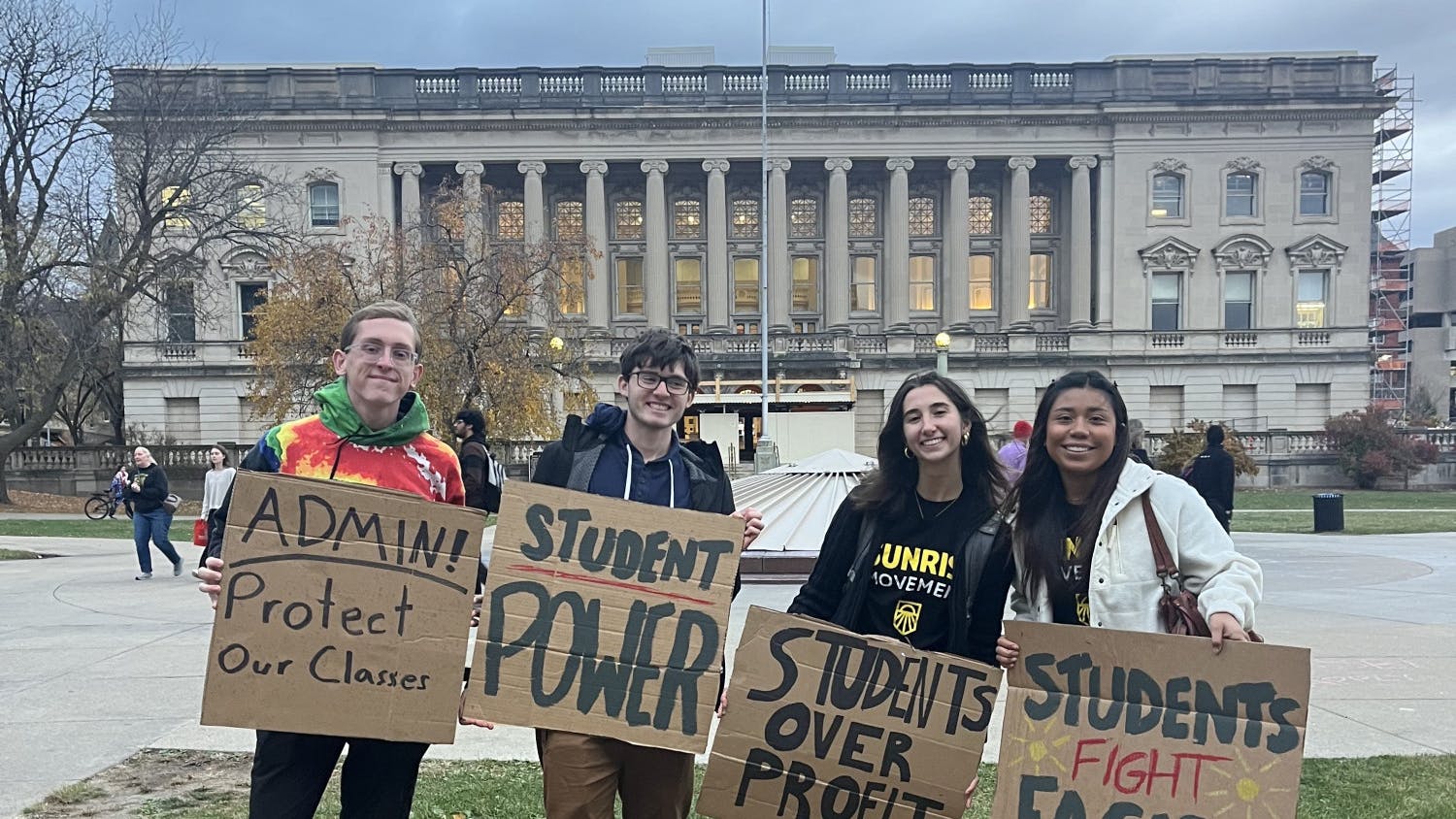One week a year, the American Library Association celebrates Banned Books Week.""
The spirit of the week is embodied by the Week's tagline (yes, it has a tagline), which self-righteously claims, ""Free People Read Freely."" Although it is relatively easy to acknowledge the merits of free speech, or at least the dangers of censorship, it is often less simple to grasp the ""risks"" of letting certain books get published. All one needs to do is watch the scene in ""Jesus Camp"" where the camp leaders expound the blasphemous and satanic nature of Harry Potter to write off the entire movement to ban books as a farce.
If books are completely harmless, however, why are there still such strong movements against them? The very idea of a banned books week got me thinking about the kind of power books can have on social, cultural and political movements. While some books come and go from the litany of controversy, ""The Color Purple"" and ""I Know Why the Caged Bird Sings"" are both usually in the top 20, along with books and novels exploring gay or feminist themes.
Although the explanations for banning them usually espouse a rejection of ""explicit content,"" it seems that it is at least partially their criticisms against traditional social structures that gets certain books added to the list. Less obvious is whether these aspects of books really have an effect.
I think that they do. Don't get me wrong, I don't think that a child hearing about two male penguins watching over an egg will make them gay (for background, see the controversy over the children's book, ""And Tango Makes Three""). But I do think that reading has the ability to open people's minds and force critical thinking in a way other things don't.
Anyone familiar with Spike Lee knows that he was inspired by ""The Autobiography of Malcolm X,"" another banned-book list favorite. Anyone familiar with ""The Autobiography of Malcolm X"" knows how that book can force people to reach new conclusions about the way the world works. Prominent musicians, directors, politicians, people who inspire thinking beyond a reading audience have read books that change the way they think and interpret society. Although it may be long term, the images books produce have power, both on an individual and macro level.
Everybody knows the story of ""Uncle Tom's Cabin,"" and how that book helped bring about the end of slavery, or how ""The Jungle"" prompted new regulations on the meat industry. While I don't think most books are as effective in bringing about a reaction (and very few have the effects that their authors intended them to), but it is naive to think that the worries of those concerned with the availability of certain books are completely fantastic.
In addition, just because television and movies have become more ubiquitous than they used to be doesn't mean that books have lost their sway over social consciousness. Even when less people are reading, the ideas that books produce can reach large numbers of people through the actions of those that do.
Of course, I still loathe any sort of censorship of books. Indeed, it is their ability to provoke that makes books so important, and so pleasurable.
To share your favorite dissident and thought provoking books with Frances, e-mail her at provine@wisc.edu.





